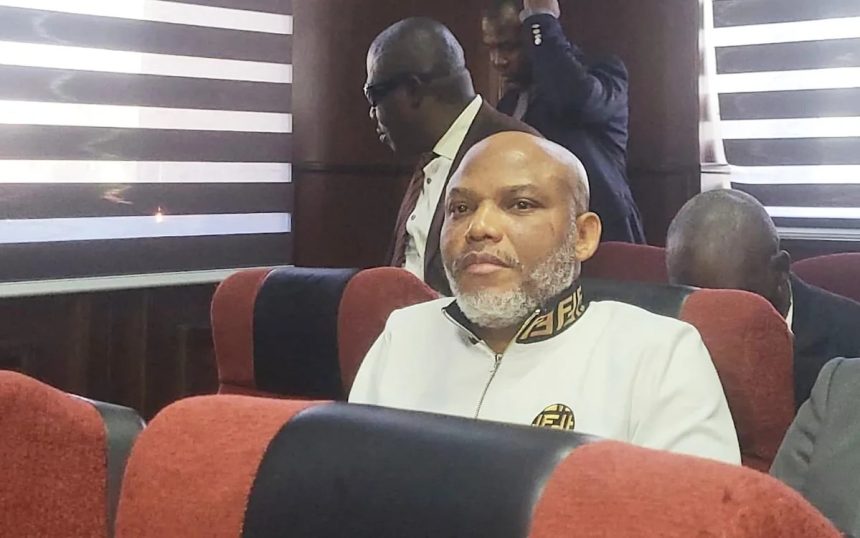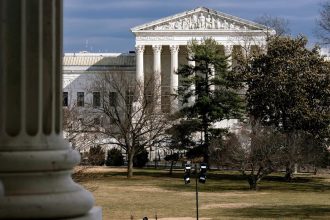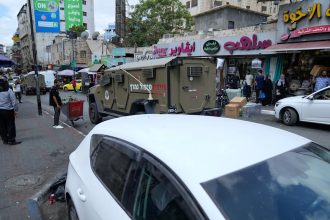A British-Nigerian separatist leader has been sentenced to life in prison for terrorism offences, narrowly avoiding the death penalty after a decade-long legal battle.
Nnamdi Kanu, the leader of the banned Indigenous People of Biafra (IPOB) group, was accused of inciting violence in the name of an independent Biafran state for the Igbo people.
Kanu, a former estate agent, first drew the attention of Nigerian officials in 2015 when he broadcast on London-based Radio Biafra that the separatist movement needed “guns and bullets”.
According to Judge James Omotosho, Kanu’s London-based broadcast successfully reignited separatist sentiment, with activists committing deadly attacks on security forces and citizens in 2015.
“His intention was quite clear, as he believed in violence,” said Judge Omotosho. “These threats of violence were nothing but terrorist acts, which were duly carried out by his followers.”
IPOB supporters protested opposite Downing Street this month to call for the release of the separatist leader – Mark Kerrison/In Pictures
But the judge refused to impose the death penalty, citing the need to “temper justice with mercy” despite Kanu’s “arrogant” behaviour and lack of remorse.
“The death penalty is now being frowned upon by the international community,” said the judge. “Consequently, in the interests of justice, I hereby sentence the convict to life imprisonment. Life is sacred.”
Kanu was found guilty of seven terrorism-related charges, and was sentenced in absentia after being thrown out of the courtroom in Abuja for reportedly shouting at the judge that he was ignorant of the law.
Kanu refused to call witnesses and dismissed his own lawyers, claiming there were no charges against him.
He was arrested while visiting Nigeria in 2015 but subsequently fled to Kenya. He was extradited in 2021 in what his lawyers claimed was an illegal abduction.
The decade-long saga has inflamed tensions in south-east Nigeria, with heavy security installed around the courtroom this week should violence erupt.
Putting an end to a decade-long legal battle, Judge Omotosho found Kanu guilty of all seven terrorism-related charges.

Emmanuel Kanu, the brother of Nnamdi Kanu, photographed outside the Federal High Court in Abuja, Nigeria – Marvellous Durowaiye/Reuters
IPOB has denied inciting separatist violence. In 2021, Kanu’s lawyers argued that his statements on Radio Biafra could not be admissible in a Nigerian court because they were broadcast in London.
Amnesty International reported in 2016 that security forces had also killed at least 150 members of IPOB during non-violent meetings since August that year.
The conflict harks back to the Nigerian Civil War of 1967 to 1970, which was centred around attempts to build a separate Biafran state from Igbo-dominated south-eastern Nigeria. More than a million people were killed during the war.









